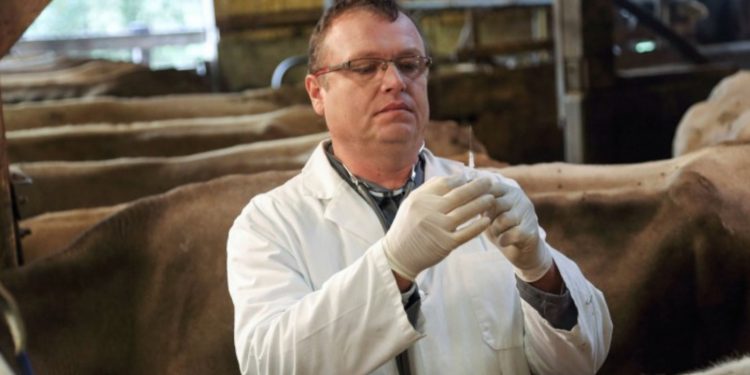The Financial Times reports that in the US, animals farmed for food consume antibiotics such as tetracyclines in amounts so high they cause humans to suffer from drug-resistant “superbugs”.
In recent decades, antibiotics have been used to promote growth and to enable animals to digest food more efficiently, especially in industrial-scale farms.
“Awareness of antibiotic risk has increased among both shareholders and consumers,” says Christy Spees, environmental health programme manager at As You Sow, a campaign group focused on shareholder advocacy.
“At the same time, I am consistently surprised by how many people aren’t yet aware of the critical problem of antibiotic use in farm animals.”
A turning point came in 2018 when McDonald’s — one of the world’s largest buyers of beef — set out a new policy to assess and then limit use of medically important antibiotics in its beef supply chain. McDonald’s has not yet set out antibiotic reduction targets for key markets, which it pledged to do in 2020, but says it will do so in the coming months.
Progress among beef producers had lagged behind chicken farmers, which in the US sharply cut antibiotic use over the past decade.
Wendy’s and Taco Bell were among others following suit with new goals for antibiotic reduction in beef production, albeit less ambitious ones.
Sales of antibiotics for use in US farm animals began rising in 2018 after a steep decline in 2015-2017. Between 2018 and 2019, the most recent data available, sales rose three per cent, according to the US Food and Drug Administration. Cattle and pigs each accounted for more than 40 per cent of the drugs used in animals.























